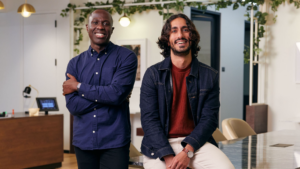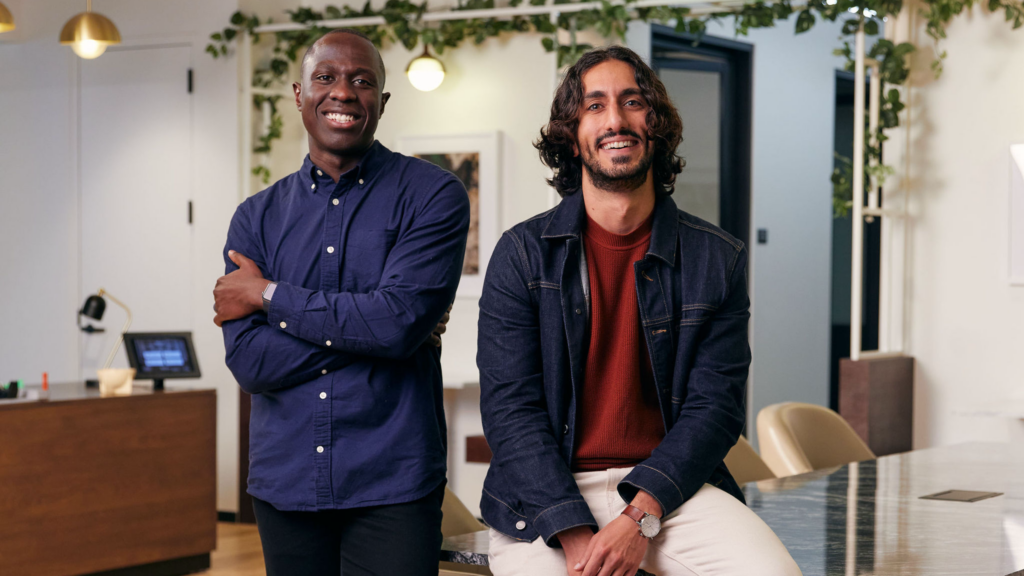“We live in a world of disruption, where the only constant thing is change.”
So says meQuilibrium, the only clinically validated platform that encourages wellness and resilience in the workplace through behavioural psychology, neuroscience and analytics.
At the end of 2017, the company announced enhancements to their MeQ Engage product, which now uses AI- and machine-learning to analyse information and give solutions on an individual level. With 63 different modules in total, the new modules focus on sleep, dealing with trauma and grief, and how to communicate better in the workplace, to create a more resilient and productive workforce.
The MeQ Engage product gives each employee access, where their results and input create an individualised plan to help increase emotional and physical wellbeing. For example, if an employee records difficulty sleeping, the programme will provide access to the CBT-I, a cognitive behavioural therapy solution that has high effectiveness, because it also treats the cause of the problem.
CEO Jan Bruce spoke to BusinessWire about the importance of the company.
“In today’s fast-changing and highly stressful business environment, you’re only as strong as your weakest link,” Bruce said. “The performance of each team member has a direct correlation to overall business performance, which means that building resilience is one of the most important business strategies of our time.”
Stress costs US employers an estimated $200 billion dollars every year, due to absenteeism, lower productivity, staff turnover, workers’ compensation, medical insurance and other stress-related expenses.
A Welltok Consumer Health report in 2017 showed that 92% of workers surveys experience stress, with the top two contributing factors to this being work and finances. They also report that Millennials are the most stressed generation, as they are often experiencing a mixture of significant life changes, relationship problems, finances (often related to student debt), and also pressure to succeed and the fear of failure.
In Sweden, there was a high-profile study that shortened the working day to six hours, and The Guardian reported results which showed an improvement in productivity and reduced levels of stress, along with a 10 percent decrease in sick days. Although most companies aren’t going to take such drastic action, it’s worth noting that many people in high-stress jobs work many more than eight hours a day, and the study shows how less stressed and tired employees make more productive workers.
Stress can also be a contributing factor to other mental problems, that can also have severe negative impacts on a workforce. According to the World Health Organisation, depression is the leading cause of ill health and disability worldwide, with over 300 million people living with the issue. Both depression and anxiety decrease productivity in the workplace and cause increased absenteeism, with an estimated cost of one trillion dollars a year.
Mental Health America states that the issue is exacerbated because many employees don’t seek help because they fear the effect it will have on their job or they worry about confidentiality. The WHO recommends creating a healthy work environment where workers and managers contribute to the working environment by promoting and protecting the health, safety and well-being of all employees.
Many businesses have taken this advice and are now working towards a happier, healthier workplace, if only to increase production and reduce expenditure. In an Alite survey, nearly half of businesses already had a wellness programme in place and in 2018 more than half of the employers said they were ‘very likely’ to focus on their workers’ wellbeing.
There is a myriad of different options for corporate wellness programs, some which focus more on different factors. Sonic Boom Wellness, for example, also helps with finances and budgeting in an attempt to lower financial stress. Karelia, on the other hand, focuses more on food and health, to lower the risk of heart disease and diabetes.
Henry Albrecht, the CEO of employee engagement company Limeade, wrote an article in Forbes about how corporate wellness companies aren’t all working in an effective way, due to various logistical reasons, but highlighted that workers have a huge impact on the productivity of a company.
“Let’s tap into purpose, community, belonging, work well-being, emotional well-being, autonomy, mastery, energy, esprit de corps, and financial well-being.” Albrecht wrote. “And yes, health. These are deep wells to drive innovation and nourish businesses in good times and in bad.”












